#stalin and trotsky
Explore tagged Tumblr posts
Text

> enters the apartment
> makes tea
> doesnt elaborate
> leaves
112 notes
·
View notes
Text







Hear me out
#greek myth art#greek mythology#art#russian revolution#joseph stalin#leon trotsky#my art aren’t political#athena#ares#this is random i know#but hear me out
74 notes
·
View notes
Text
⚠️ DON’T START DISCOURSE ABOUT RPF IN THE NOTES!! YOU WILL BE BLOCKED IF YOU DO SO ⚠️
Do you ship it?

Reason:
“Do you ever think after a long day of warfare and combat Stalin ever slapped Trotsky in the face and said "this is for almost getting us killed" and then kissed him deeply "and well... that's for saving my life"”
“I would explain their whole beef here but I think this is somewhat common knowledge to communist and/or Russian history enjoysers. Basically exiling and killing your political rivals is not without its homoeroticism.”
#do you ship this rpf ship#rpf#real person fiction#rps#real person shipping#shipping#shipping poll#joseph stalin#leon trotsky#politicians#revolutionaries#oh yeah it’s your main man stalin back at it again
64 notes
·
View notes
Text

Stalin and trotsky yaoi when
34 notes
·
View notes
Text
headcannons
the menzhinsky fingernail polish rumor thing (x) is true because i think its funny
transfem yagoda. it is known. i think she should be so broken up about realizing that combined with her work that she ends up trying to separate her work life and her home life to such a degree she basically has different faces for each room she walks into… makes sense with how we get accounts of her being Awful to her subordinates but quite nice and considerate and even somewhat timid elsewhere. i think if you gave her estrogen the soviet union would still be around and like god did you see youngoda
on that note, probably takes out some of her discomfort with her work on her subordinates. we can tell based on how she talks wrt reforming the penal system that she definitely had some discomfort with her position so it would kinda make sense
klimwoke he/theyshilov worlds best worst cis ally. loves to ask intrusive questions he doesnt know are intrusive. will tell everyone he knows about the answers to said questions. he is responsible for 90% of the kremlin rumor mill
stalin didnt stop pulling pranks because he grew out of it but because yezhov started scaring him as a “prank” and he hated it so much he didn’t prank anyone anymore because of how sick he was of yezhov’s shit
stalin plural. i dont need to explain myself. throughout all my time knowing him i’d say i saw maybe 5 different stalins or whatever molotov(?) said. kind of an egg in the sense that i believe if he was alive today he’d be a transfeminist with a blog where she gets called a baeddel by anons (trotsky) in her askbox
in a similar vein, trotsky is cis (i dont really do opposite agab trans hcs just because of how much that changes history and thusly their character) and as funny as it is to imagine him as an MRA i don’t actually ascribe to that idea outside of jokes because i feel that it’s revisionist, as trotsky was a feminist, however stupid he was aside from that. however i do think he would be transmisogynistic and just generally misogynistic if it meant he could be mean to stalin. this is shown in how fucking racist he is about stalin. he will happily compromise his flimsily held beliefs in order to disgrace stalin’ name
also on the note of trotsky and stalin i don’t think there was any romantic or sexual tension there. maybe the closest is trotskys fucking hateboner for him when writing lol. whatever it is it’s definitely not romantic or reciprocated. in fact i dislike it a lot
i think kamo, like stalin, has trouble sleeping alone. reading about how he used to live with sergo too… it’s cute
stalin is autistic see thread here
i was gonna go more in depth about ships but i think i’ll just do asks cause there’s too many to list. so send a ship name i’ll tell you what i think
9 notes
·
View notes
Text

Here me out with some of these people
#history#doodle#collage#historical figures#athf#aqua teen hunger force#emory#edgar allan poe#frida kahlo#salvador dali#mary shelley#yoko ono#groucho marx#marilyn monroe#che guevara#fidel castro#hp lovecraft#josephine baker#stalin#trotsky
8 notes
·
View notes
Text
the communist urge to write rpf of your favorite morally grey historical figure
#inspired by this site's stalenin posting and this se asian org making a play abt trotsky assasinating stalin back with an icepick#and the mengels/karlich yaoi on twitter and tumblr etc etc#telling proshippers to join marxism because we have a thriving rpf subculture lmao#its halal comrades#textposts
13 notes
·
View notes
Text




One of the most ironics things about Frida Kahlo is that since her passing she’s loved by people who she opposed
#socialism#communism#socialist politics#frida kahlo#rosa luxemburg#communist politics#vladimir lenin#joseph stalin#leon trotsky#she apparently fucked trotsky and became a stalinist you probably be more far from liberal then and now as it#Soviet Union#USSR#bolsheviks
9 notes
·
View notes
Text
Marxist Internet Archive, save me
#marxist#Marxist internet archive#marxist leninist#communism#anarchocommunism#Karl Marx#friedrich engels#Malcom x#Angela y Davis#vladimir lenin#leon trotsky#nikolai bukharin#fidel castro#clara zetkin#oscar wilde#josef stalin
24 notes
·
View notes
Text
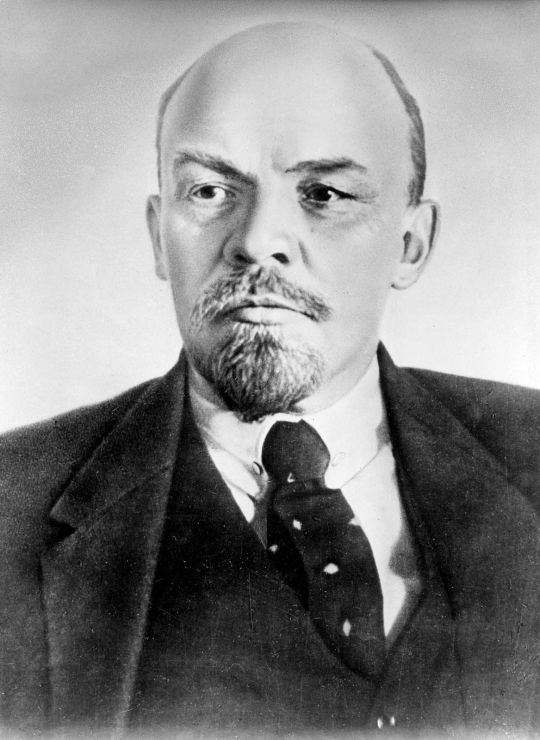
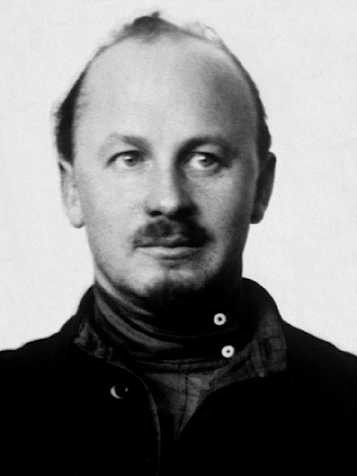
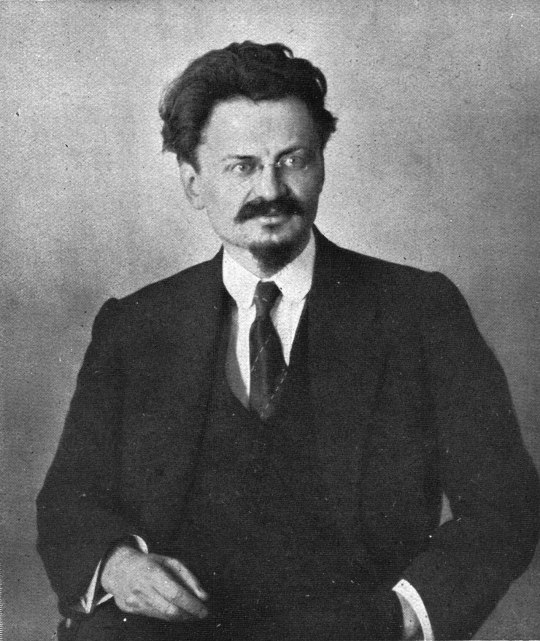
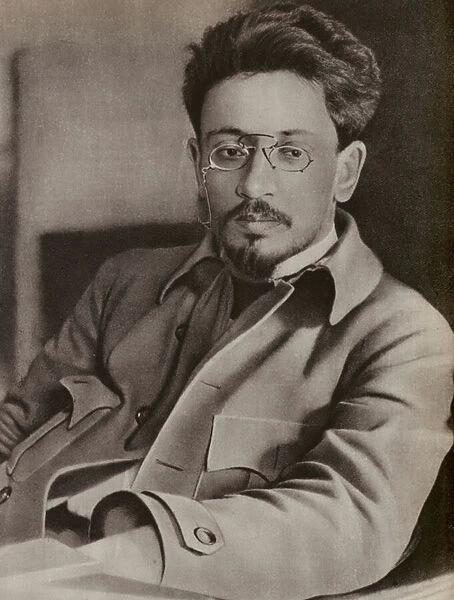
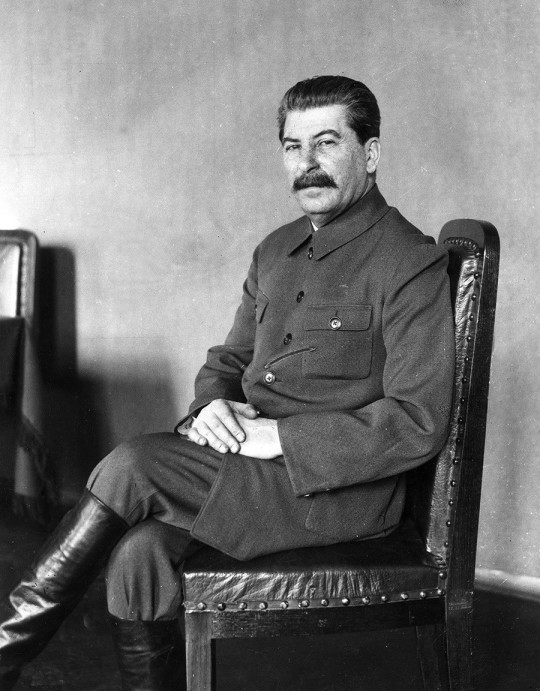
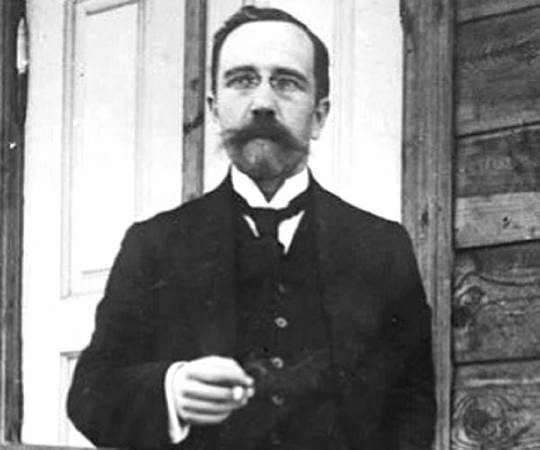
What is the Marxist Explanation for the fact that all the old Bolsheviks look like knockoff versions of each other?
#marxism#bolshevism#vladimir lenin#nikolai bukharin#leon trotsky#yakov sverdlov#josef stalin#lev kamenev#leftcom
42 notes
·
View notes
Text
Stalin and Trotsky as Nick and Orland


Source
14 notes
·
View notes
Text










source
13 notes
·
View notes
Text
Soviet Union beach episode
#trotsky tries to pick up girls while stalin acts like a beach jock#lenin cannot relax even though he's supposed to be in vacation#they debate on how to centrally plan sand castles#this writes itself#cosas mias
20 notes
·
View notes
Text
when people fram the stalin/trotsky divide as a matter of anti authoritarianism vs authoritarianism idk exporting the revolution to other countries seems fairly "authoritarian" to me
#plus if trotsky got to be leader of the ussr he probably woulve had to be even more quote unquote authoritarian than stalin#by virtue of extending the war for who knows how long
132 notes
·
View notes
Text

The Death of the Empire by Y. P. Karpenko
“Nicholas the Last
Charles I and Louis XVI were publicly executed after open trials. Nicholas II was secretly shot in a provincial basement along with his immediate family (and four members of his staff). It was a small room and it contained eleven victims and eleven killers. They were supposed to concentrate on one victim each, but the killers were soon firing at random. Those still alive when the gunsmoke cleared were disposed of by bayonet or further shots to the head. The bodies were transported by truck to a disused goldmine; sulfuric acid was poured on their faces before burial elsewhere—to make the Romanovs harder to identify.
In his "Introduction, 1971," as we have seen, Edmund Wilson was forced to give ground on the question of Lenin's amiability and benevolence (his words). It may seem sadistic to go on quoting him, but Wilson was distinguished and representative and by no means the worst offender (he is by now allowing that he "had no premonition that the Soviet Union was to become one of the most hideous tyrannies that the world had ever known, and Stalin the most cruel and unscrupulous of the merciless Russian tsars"). Toward the end of the piece, however, Wilson is still trying to account for Lenin's bad manners. Were they attributable, perhaps, to the poor breeding of Lenin's father? "Lenin himself, although his mother came from a somewhat superior stratum, and though Lenin distinguished himself as a scholar, had always rude and rather vulgar traits." Wilson regretfully adds:
. . . I have found that it was not true, as I had been led to suppose—this matter was hushed up in the Soviet Union—that Lenin knew nothing about and had not approved the execution of the royal family. Trotsky—and, one imagines, also Lenin—were both extremely cold-blooded about this. . . .
He then quotes, without comment, Trotsky's page-long rationalization of the murders. Indeed, Wilson writes as if regicide—and bad manners—were Lenin's only blemishes; and maybe he was "led to believe" that there were no others. It is a bizarre emphasis. The clouds of ignorance part, revealing the solar fire of archaic snobbery.
Trotsky had half a point when he said (elsewhere) that the Romanov children paid the price for the monarchical principle of succession. This would certainly apply to the Tsarevich, Alexis; but the four girls could expect no such inheritance—and neither could the doctor, the valet, the maid, the cook, or the dog. Wilson quotes Trotsky's Diary in Exile (1935):
The execution of the Tsar's family was needed not only to frighten, horrify and dishearten the enemy, but also in order to shake up our own ranks, to show them that there was no turning back, that ahead lay either complete victory or complete ruin. In the intellectual circles of the Party there probably were misgivings and shakings of heads. But the masses of workers and soldiers had not a minute's doubt. They would not have understood and would not have accepted any other decision. This Lenin sensed well.
But Trotsky is lying. The masses of workers and soldiers were not told of the "decision" to execute the entire family; for almost a decade they were told, instead, that the Tsarina and her children were in "a place of security." Nor was it proclaimed, as an additional morale-stiffener, that the Cheka had simultaneously murdered Grand Duchess Yelizaveta Feodorovna, Grand Duke Sergei Mikhailovich, Prince Ivan Konstantinovich, Prince Konstantin Konstantinovich, Prince Igor Konstantinovich and Count Vladimir Paley. This group was recreationally tortured, ante mortem. Grand Duke Sergei was dead on arrival, but the rest were thrown alive into the mine shaft where their bodies were eventually found.
The murder of the Romanovs seems to me fractionally less odious than, say, the murder of a Cossack family of equivalent size. The Tsar, at least, was guilty of real crimes (the encouragement of pogroms, for example). His end provoked, among the masses, little comment and no protest. The murder of the Tsarina and the five children was clearly seen by the Bolsheviks as a political deficit. It was therefore an irrational act, an expression of anger and hatred, though you can imagine how it was parlayed into an assertion of Bolshevik mercilessness, of "stopping at nothing." The ancillary killings sent no message to the Red Army or to the Party rump (except as a rumor). It sent a message to the Politburo, and the message said: we will have to win now, because we at last deserve anything they care to do to us if we fail. The Romanovs were murdered in mid-July 1918. By this time the regime had lost much of its pre-October support, and was responding with hysterical insecurity—that is, with violence. On September 3 and 5 came the decrees legitimizing the Red Terror.
There are several accounts, written or deposed, by the guards, executioners and inhumers of the Romanovs. One of the inhumers said that he could "die in peace because he had squeezed the Empress's ——." Imagining this, we arrive at a representative image of the gnarled hand of October. One executioner wrote (and he is quoted here for the dullness of his moral tone):
I know all about it. The shooting was all over the place. I know that . . . Medvedev took aim at Nicholas. He just shot at Nicholas . . . Anyway, it was just another sentence that had to be carried out, we looked on it as just another chore. . . . Of course, you start to think about its historical importance. . . . In fact, the whole thing was badly organized. Take Alexei, it took a lot of bullets before he died. He was a tough kid.
Yes, an imposing enemy: a thirteen-year-old hemophiliac. The Tsarevich outlived Nicholas II (resonantly and deservedly known also as Nicholas the Last). In those final seconds, then, the child was Alexander IV. Or Alexander the Last—but undeservedly.” - Martin Amis, ‘Koba the Dread: Laughter and the Twenty Million’ (2002) [p. 53 - 57]
#amis#martin amis#koba#stalin#lenin#trotsky#bolsheviks#communism#russia#tsar#nicholas#romanov#edmund wilson
9 notes
·
View notes


